
The first school of every human being
Education is an important function of the family. This is the first school of every person. By performing this function well, the family will contribute significantly to creating a generation of young people who are useful to society.
Nowadays, the nuclear family is a family with 2 generations living together in one house. This is considered the backbone family type of modern society. The nuclear family usually has 3 to 5 members, in which the parents are the main workers, living with their children under the age of majority. The family members are young, healthy, dynamic, have quick access to information technology, have clear development plans, and have the desire to become rich. The liberation of women is promoted, the burden of the family is gradually shared, they are treated equally and have many conditions for development...
In reality, nuclear families often build love, respect for elders, gratitude, filial piety, support, life skills, aesthetics, etc. The form of education is carried out directly through specific actions, advice, and setting examples. The educational method is also somewhat open because the generations are closer in age. However, nowadays, in each family, there is a clear change in the content of education. Families often focus more on educating their children about career awareness and earning ability. Therefore, studying is often the biggest concern of parents when educating their children. This leads to the neglect of family tradition education and the neglect of children's responsibility to society and to the clan. In the policy system, there are also gaps in encouraging and strengthening the educational function of the family.
According to survey data of the Provincial Women's Union: In 2022, Lao Cai province has 174,179 households, the number of 1-generation households (husband and wife): 17,847 households; the number of 2-generation households (parents and children): 91,835 households; the number of 3-generation households: 43,298 households, the rest are other types of families.
On the other hand, education in the nuclear family is facing a huge impact from modern society. The main reason is that parents lack experience in raising children, and are in the stage of starting a business and supporting their family, so many parents relax their educational function, leaving it to society and schools. The penetration of the internet into every meal and sleep is also a burning issue that leads to children being "educated" by social networks more than their parents and family. Many families are no longer truly warm homes to pass on loving values. In each family, a pragmatic, materialistic lifestyle is creeping into the thinking and behavior of adults. The lack of exemplary behavior of young parents in family life and social behavior leads to distortion in the formation of children's personalities.
Building a sustainable family culture
Family culture and education in a cultured family create order and discipline for everyone to follow. The attitude and lifestyle of adults are the most important factors in building the family foundation, so that the family can ensure its educational function.
A happy family is expressed in the good relationship, understanding, sharing, sympathy, and love between husband and wife. The love, care, and sacrifice of parents for their children and the respect, gratitude, and filial piety of children towards their parents and grandparents.
The 13th National Party Congress clearly stated: “Promoting the role of family, community, and society in building a cultural environment, people with compassion, tolerance, sincerity, trust, respect for morality, diligence, hard work, thrift, creativity, and modernity. Building a prosperous, progressive, happy, and civilized family”. Accordingly, the common goal is to build a prosperous, progressive, and happy family, which is the nucleus and healthy cell of society, the home of each person; a place to nurture and cultivate personality, a lifestyle that respects morality and good traditions of the nation; promoting and expanding good family values, promoting sustainable development of the country.
In recent years, Lao Cai province has also set a target of the number of households achieving the title of "Cultural Family" to strive to achieve annually. At the same time, efforts are being made to provide families with information and knowledge about cultural behavior, moral education skills, lifestyle, love, national traditions and good cultural values; prevent risks, social evils, and domestic violence. In particular, special attention is paid to policy families, poor and near-poor households, and ethnic minority families.
Functional departments and localities have paid attention to implementing so that families can be propagated and educated about national traditions, culture, family traditions and selectively absorb the quintessence of human culture and good values of modern families. Localities have also built models of communication and education to build happy families and sustainable development at the grassroots level. At the same time, the content of moral education, lifestyle, and family value education in the new period has been included in the village rules and regulations of clans, communities, and villages.
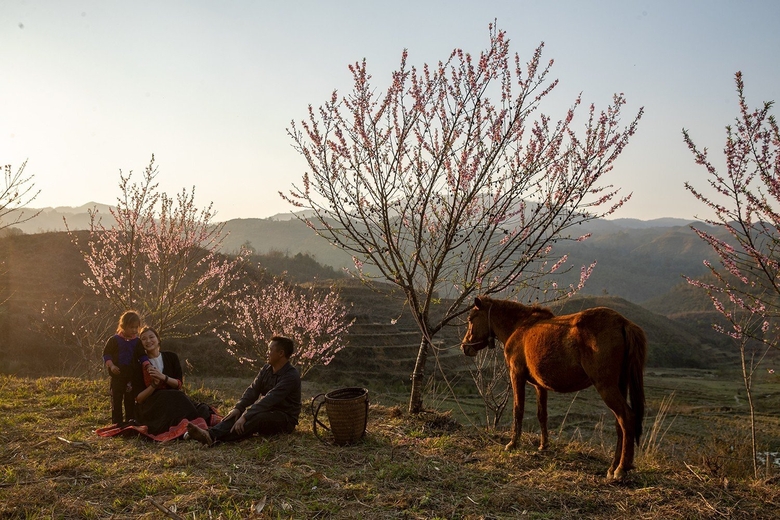
In addition, localities in the province have also set annual goals to strive for young men and women to receive education and counseling on marriage and family, knowledge and skills to build happy families before marriage; to develop and implement models of intervention, prevention and response to domestic violence to reduce the harmful effects of domestic violence, especially for women, the disadvantaged and children.
To complete the key tasks and targets of family work in the area, Lao Cai province continues to strengthen leadership and direction of localities in family building work, implementing the strategic goals of developing Vietnamese families and family programs. Organize communication activities on family on the occasion of "National Action Month on Prevention and Control of Domestic Violence", Vietnamese Family Day (June 28); contest to learn about legal knowledge on family and prevention of domestic violence. Improve the capacity of cadres directly involved in family work and prevention and control of domestic violence at all levels and sectors. Build a national digital database on family.
Source link

















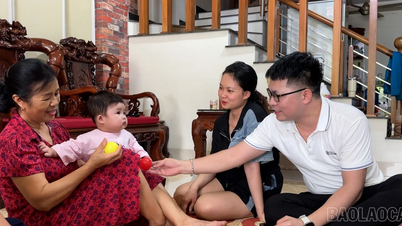
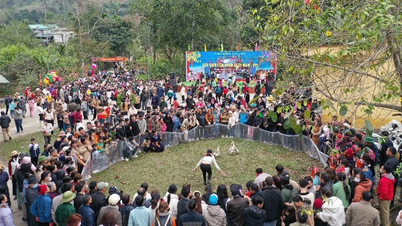












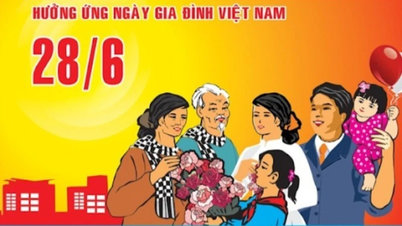
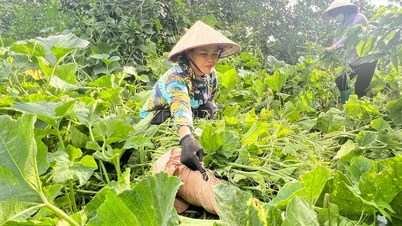


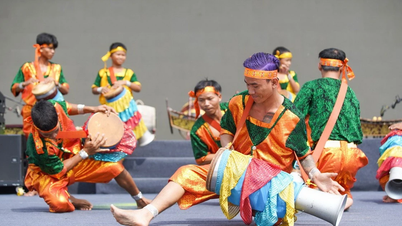


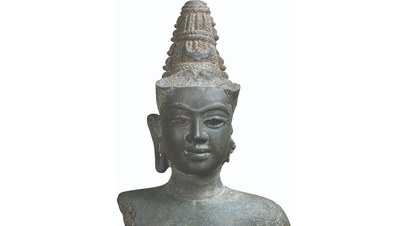

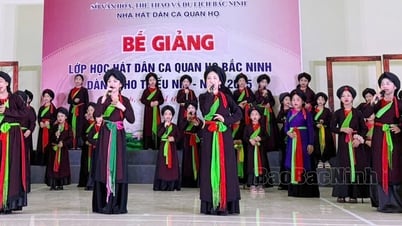









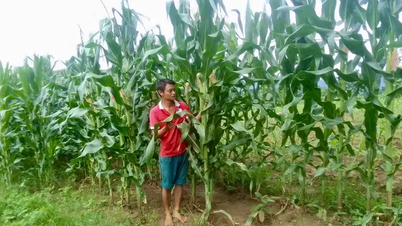

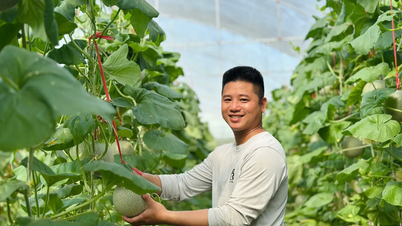








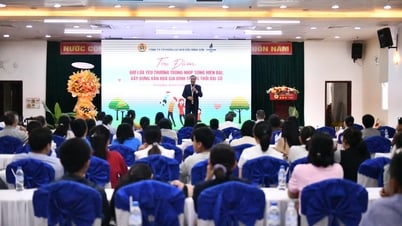









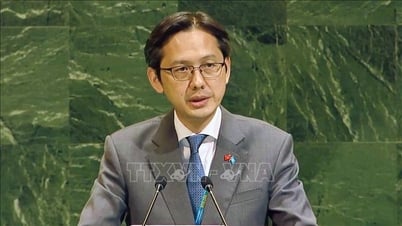





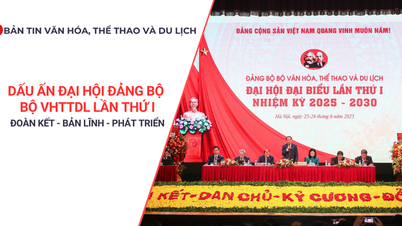


























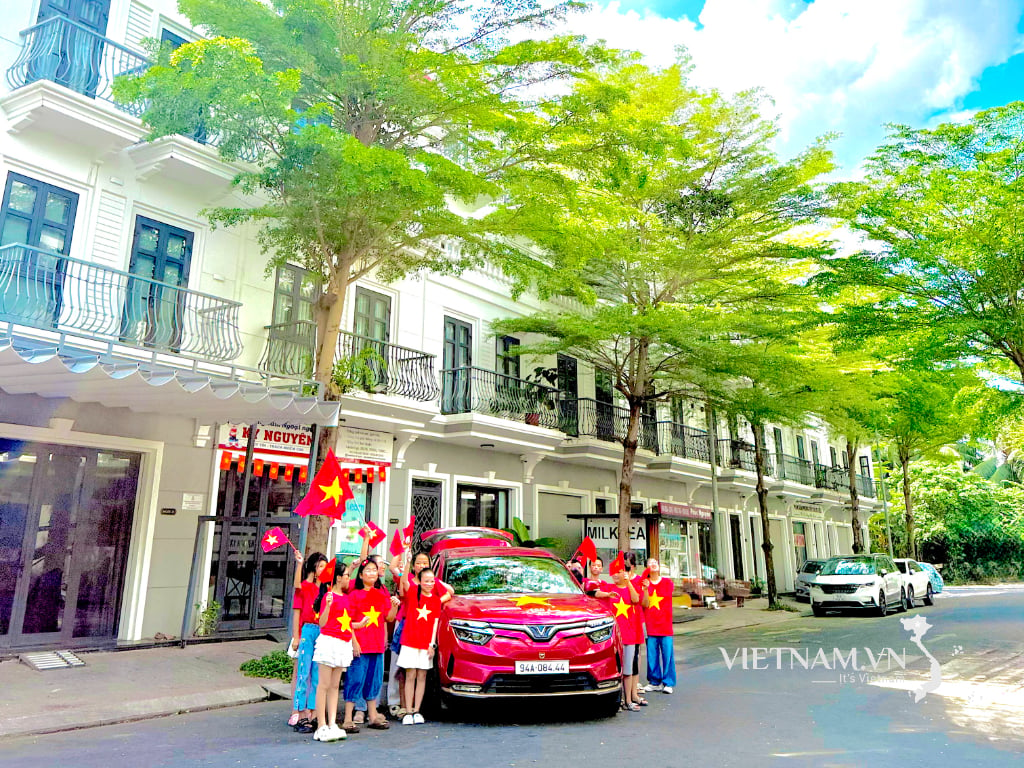

Comment (0)